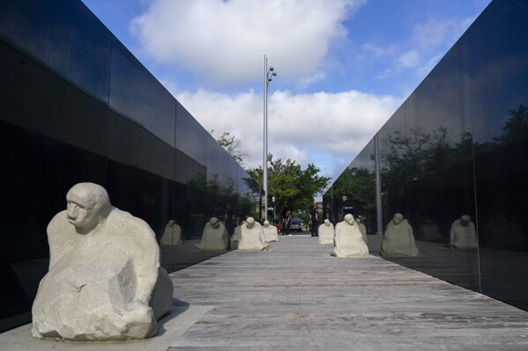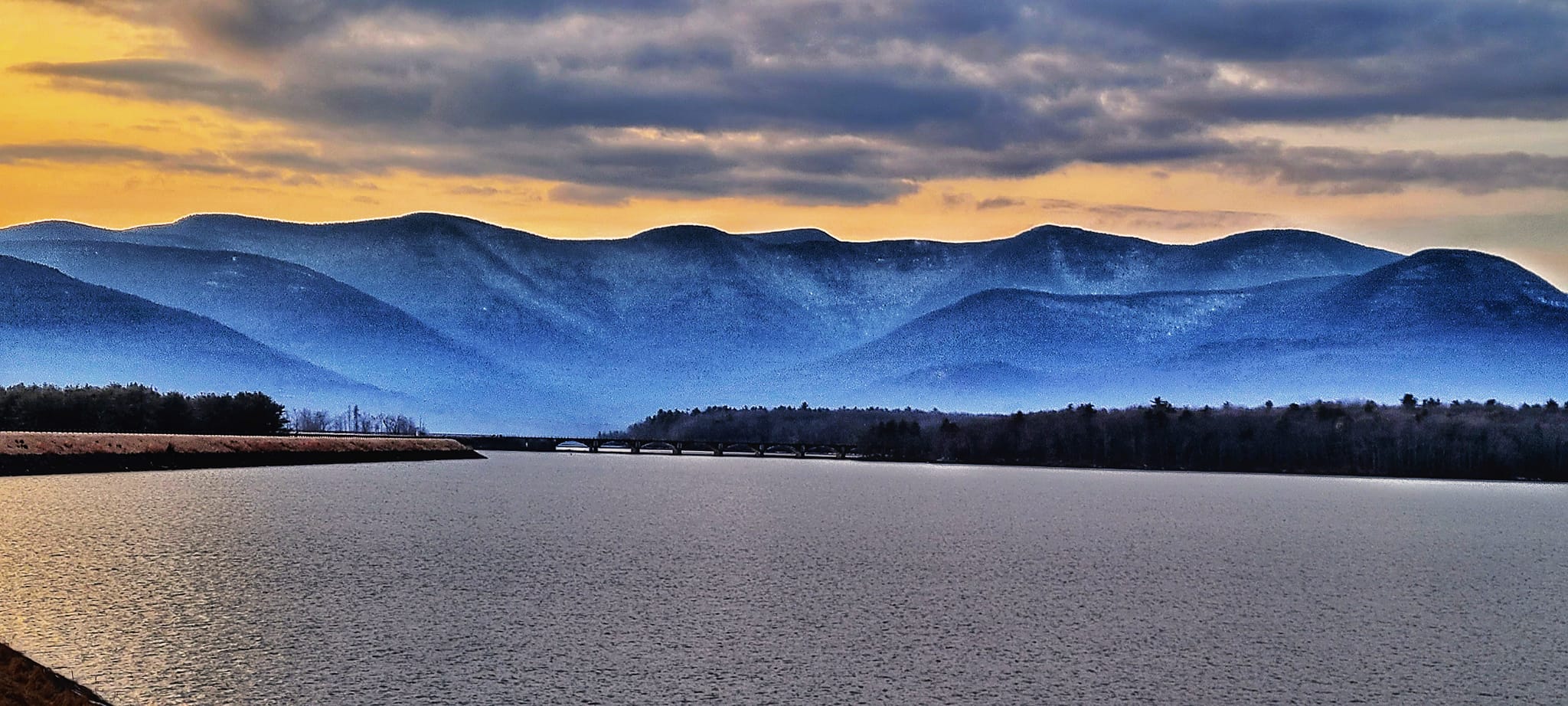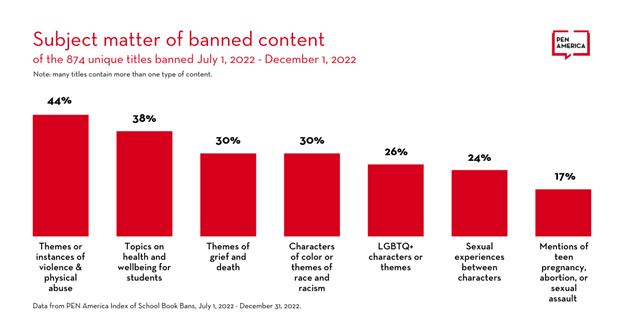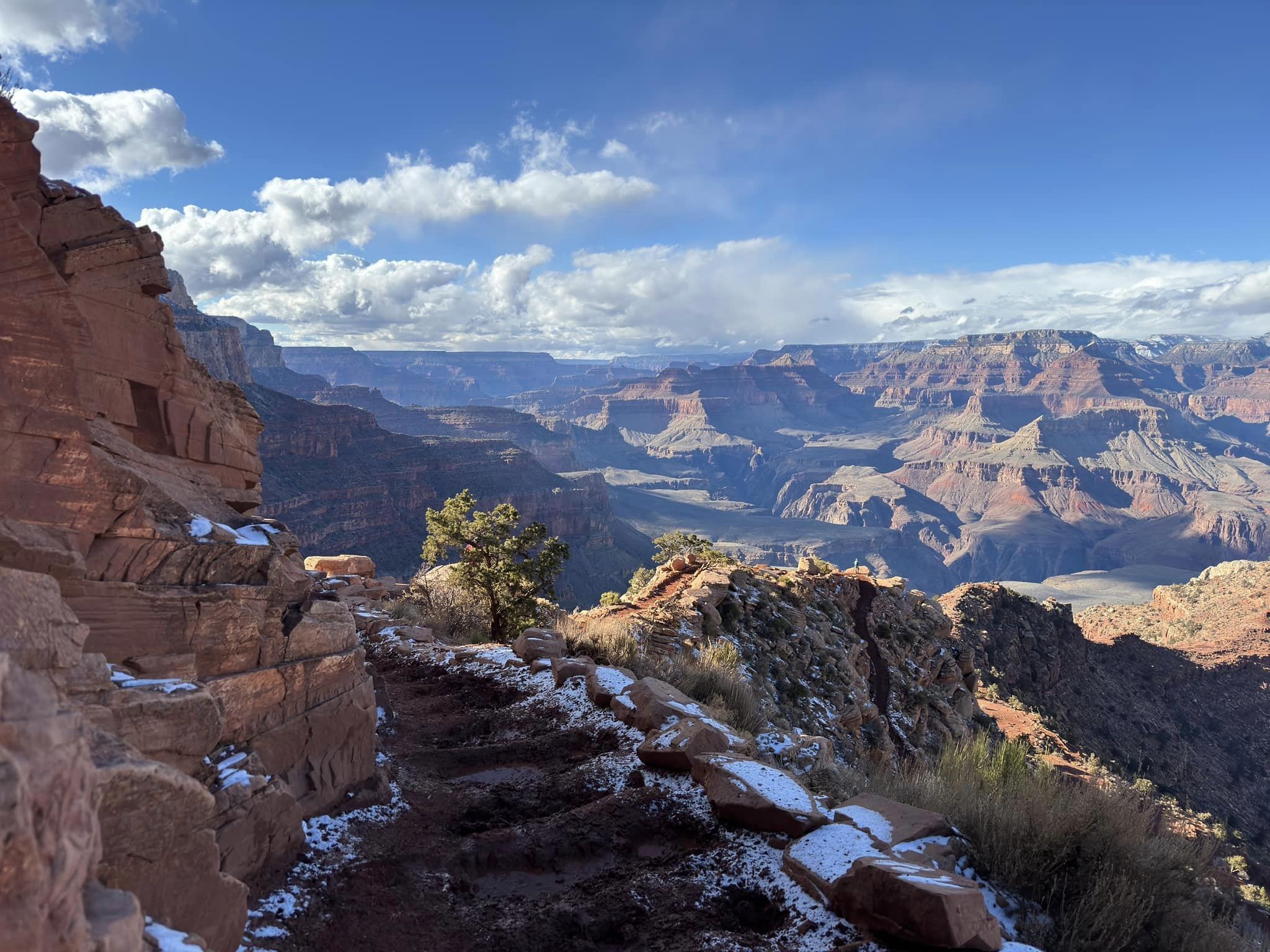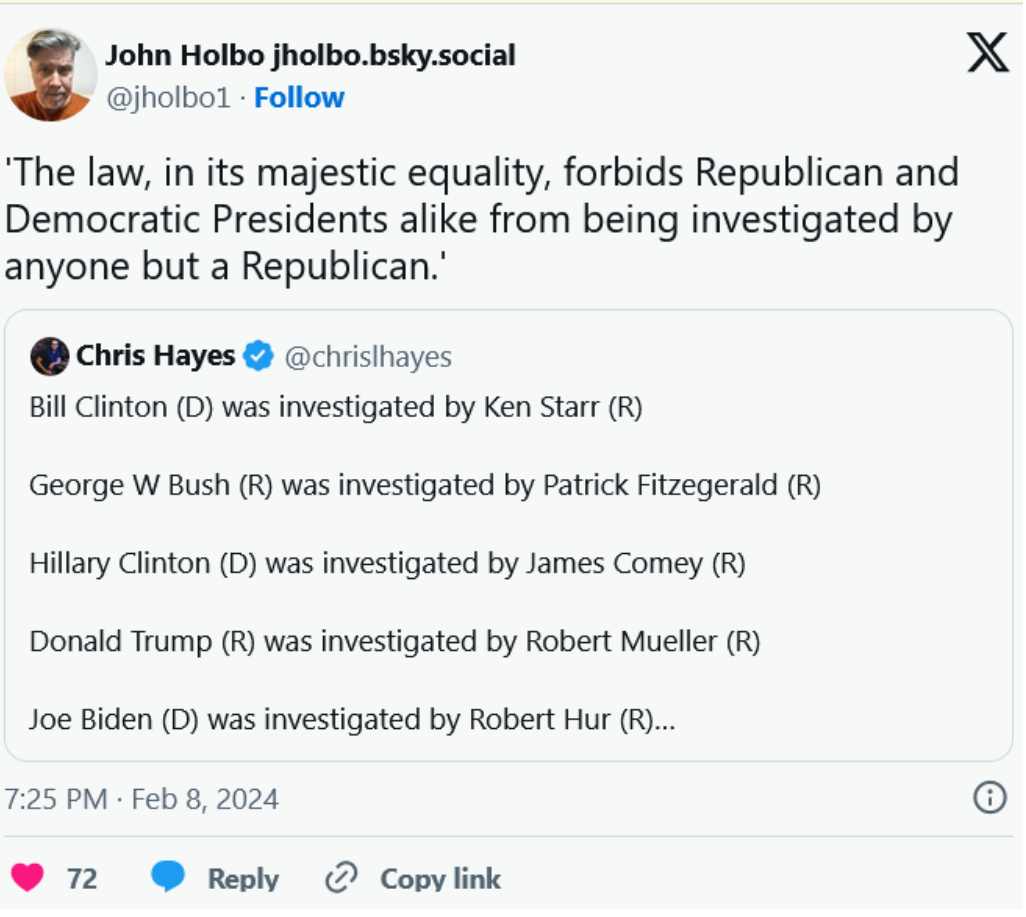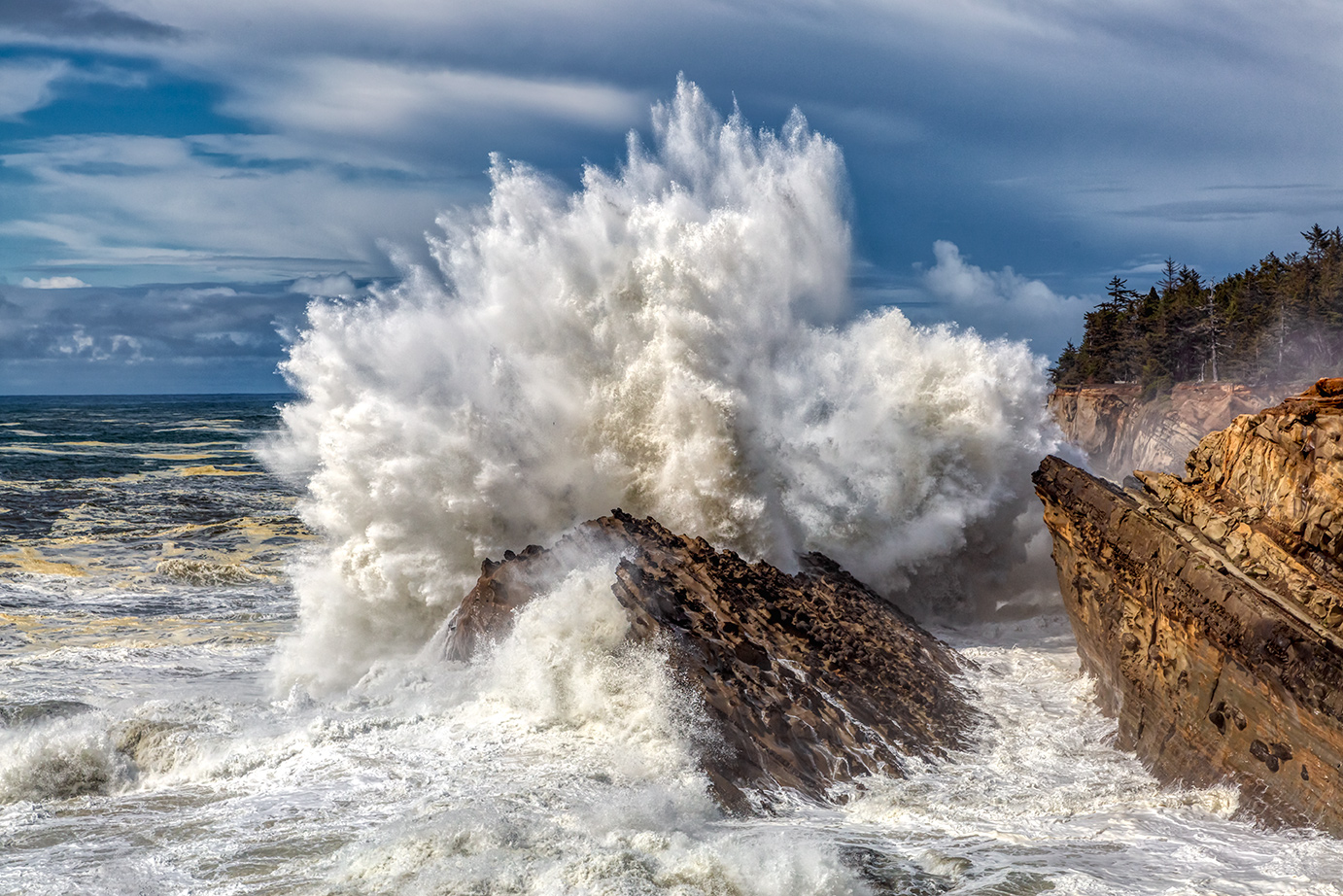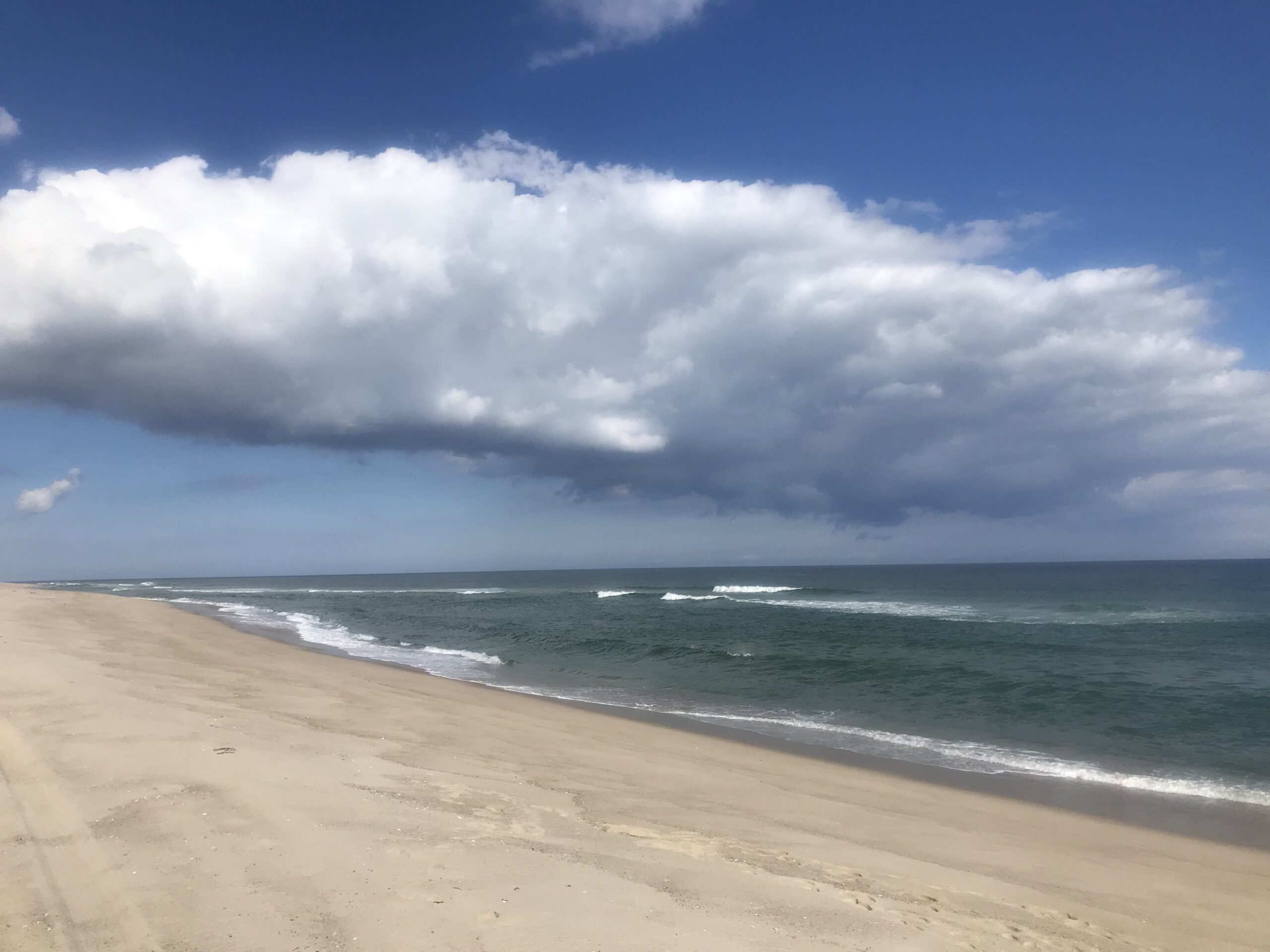The Daily Escape:
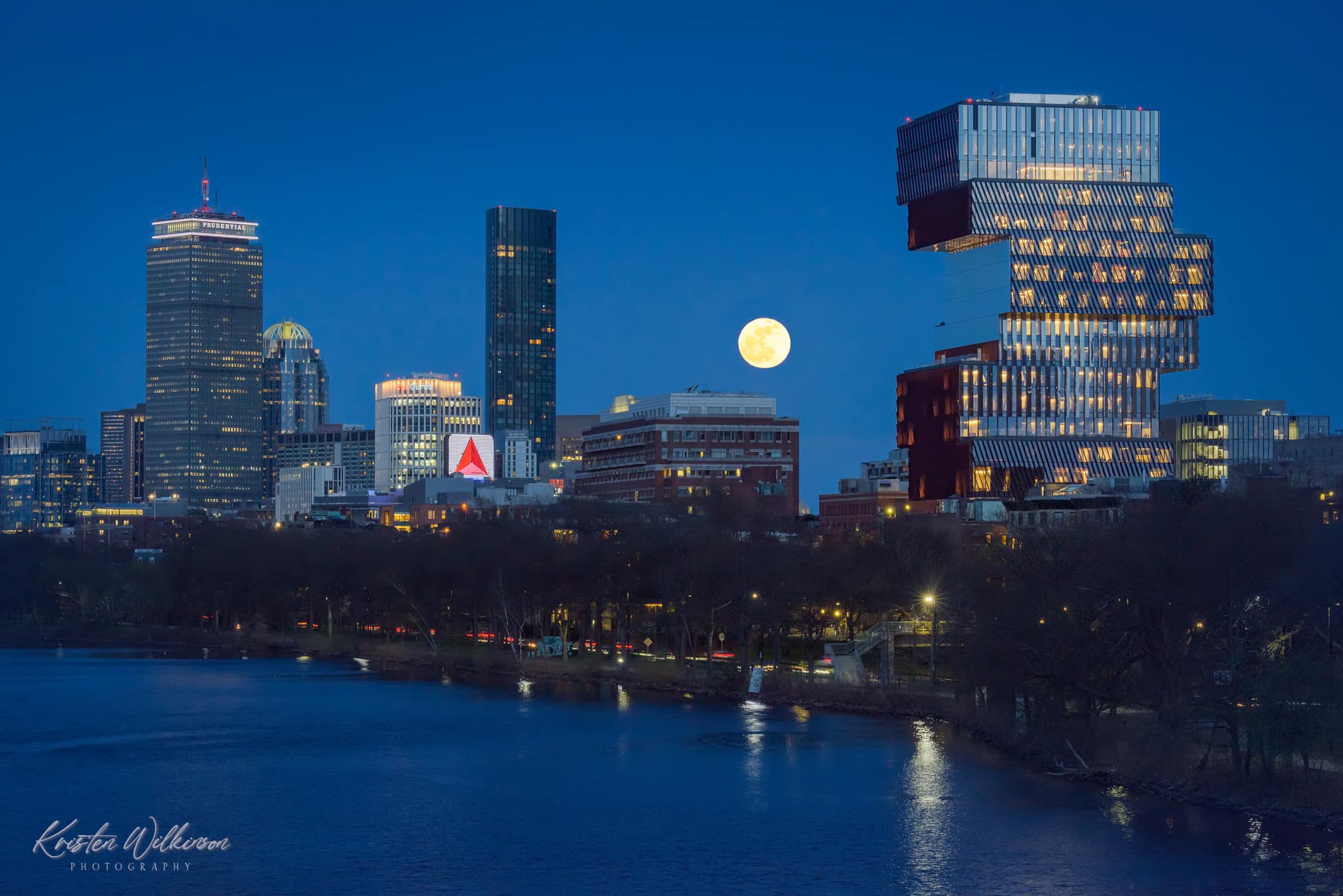
Moonrise, Boston, MA – April 2024 photo by Kristen Wilkinson. The Jenga-style building is Boston University’s Data Science Center.
Wrongo spent part of Thursday morning listening live to the oral arguments at the Supreme Court (SCOTUS) over Trump v. United States, which concerns former president Trump’s claim of absolute immunity from criminal charges for “official acts”: In this case, whether Trump can claim immunity as a defense in the Jan. 6 case brought by Jack Smith, the DOJ’s special prosecutor.
While the decision in this case is unclear at this point, the questions the Conservative justices asked of both sides were very disheartening.
A short walk through the history of this case: The Conservative majority granted Trump a victory before the hearing began by refusing Jack Smith’s request to skip the intermediate step of an appeal to the DC Circuit Court of Appeals. Then the Court improved on that by refusing to hear the matter on an expedited schedule. Finally it appears that the Court probably won’t issue what pundits think will be a fractured opinion until the last possible day (June 30). It’s possible that the Court will order the DC trial court to engage in pre-trial fact-finding about the difference between “private” and “official” acts. Meaning further delays, possibly until after the November presidential election.
And if Trump were to win, the Jan. 6 case will be quashed by the incoming DOJ.
So even if the Supremes don’t grant Trump a total victory, they have already granted Trump what he most wanted: a lengthy delay. Their lackadaisical approach to resolving the question of immunity smells of the current politicization of the Court. From Jamele Bouie:
“Rather than grapple with the situation at hand — a defeated president worked with his allies to try to overturn the results of an election he lost, eventually summoning a mob to try to subvert the peaceful transfer of power — the Republican-appointed majority worried about hypothetical prosecutions against hypothetical presidents who might try to stay in office against the will of the people if they aren’t placed above the law.
It was a farce befitting the absurdity of the situation. Trump has asked the Supreme Court if he is, in effect, a king. And at least four members of the court, among them the so-called originalists, have said, in essence, that they’ll have to think about it. “
Chris Hayes reminded us when Republicans aggressively took the other side of the immunity argument:
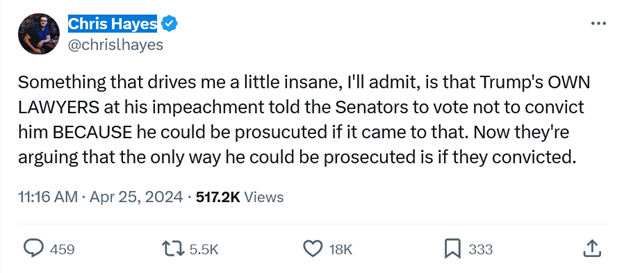
Taking a wide view, Alito is 74. Thomas is 75. Roberts and Sotomayor are 69. The next president could be in a position to nominate four replacements for these justices if Trump wins, or if Biden wins a second term. If it’s Trump, say goodbye to the SCOTUS for at least 30 years, and say goodbye to your Constitutional rights. That would also mean that Trump can commit crimes with impunity, including a complete dissolution of the Voting Rights Act, implementing legalized voter suppression, and much more.
Is it totally lost on the American people that the very same Supreme Court who ruled that 172 million women should no longer have the freedom to decide their own pregnancy choices, is now, suddenly, struggling with the idea whether ONLY ONE MAN in America should have the freedom to commit crimes without punishment?
Watergate and Nixon doesn’t come close to the stench surrounding today’s Supreme Court and its propping up of Trump. Josh Marshall had this to say:
“The Roberts Court is a corrupt institution which operates in concert with and on behalf of the Republican Party . . . That’s the challenge in front of us. . . . But things become more clear-cut once we take the plunge and accept that fact.”
But, there’s really nothing you can do about it individually. So relax and cruise into our Saturday Soother, where we turn off all political news for a few minutes and try to find the will to rejoin the fight next week.
Here on the Fields of Wrong, we had a hard frost on Friday morning, and expect 80° on Monday. It’s weather like this that keeps us from planting the vegetable garden until early May. To help you get into a proper frame of mind, grab a seat by a south-facing window. Now watch and listen to “Suite Opus 34 for flute, harp, violin, viola and cello” by Marcel Tournier. Tournier is among the relatively few important composers who were also virtuoso harpists. He composed several dozen solos for harp, and a few chamber works that feature the harp. Tournier wrote this Suite in 1928. He died in 1951.
Here is his “Opus 34” performed by the Cracow Harp Quintet:
Wrongo and Ms. Right first learned about Tournier and saw this live last summer as part of a local concert series by the Washington Friends of Music.



